Jun 17, 2025
Iranians Flee Tehran as Tensions Escalate Between Iran and Israel
In recent days, the escalating conflict between Iran and Israel has reached a critical juncture, sparking widespread concern and prompting thousands of Iranians to flee the capital city, Tehran, in search of safety. The situation has gained international attention, with the US President issuing urgent warnings for Tehran’s residents to evacuate immediately, citing Israel’s air superiority and the looming threat of further attacks. This article unpacks the current dynamics of the conflict, the geopolitical implications, and the possible paths forward as the world watches with bated breath.
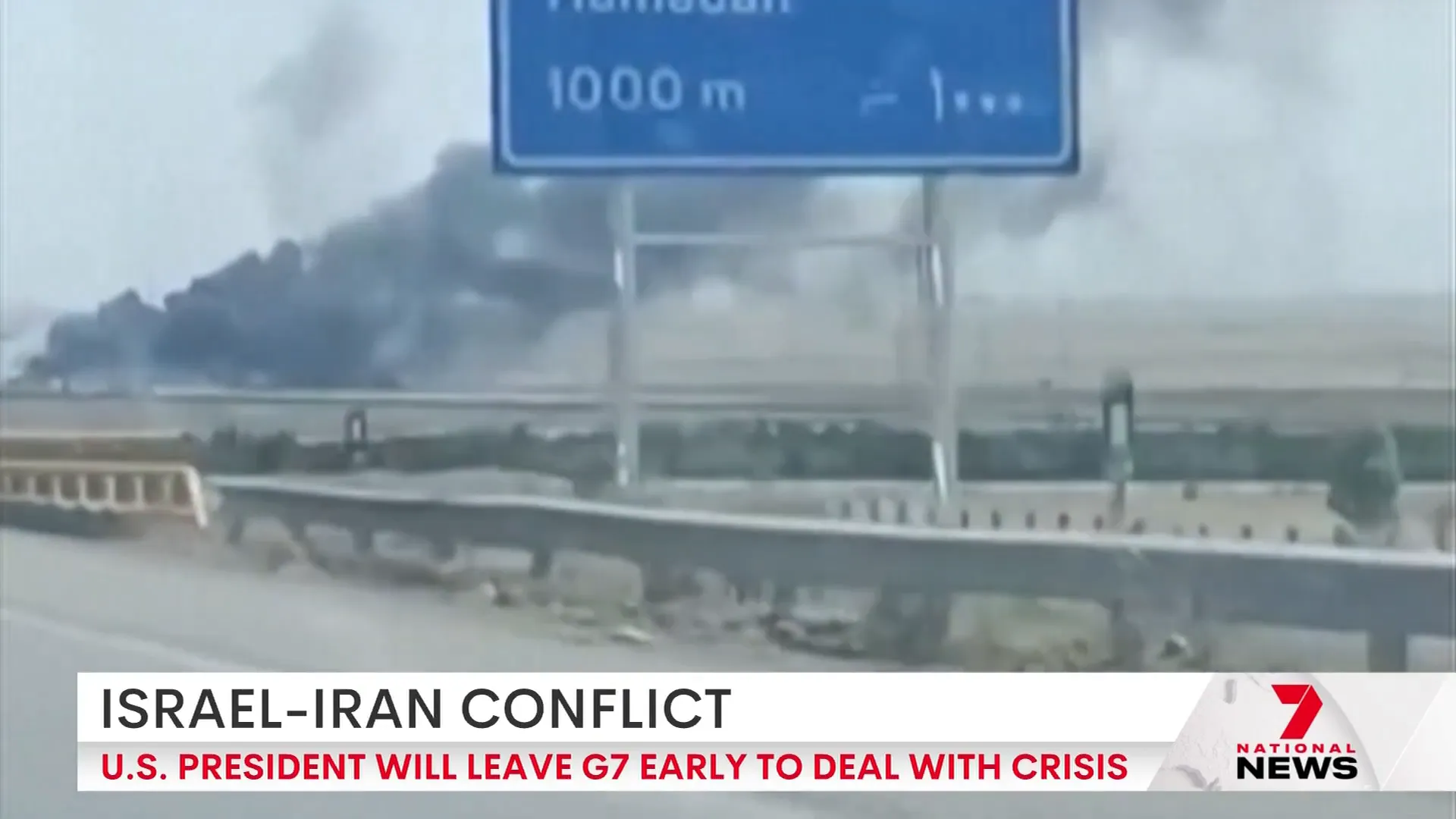
Table of Contents
- The Immediate Impact: Mass Exodus from Tehran
- Military Dynamics: Israel’s Upper Hand and Iran’s Missile Arsenal
- Geopolitical Implications: The Role of the United States and the G7 Summit
- Diplomatic Pathways and the Future Outlook
- Conclusion: Navigating a Volatile Crisis
- Frequently Asked Questions (FAQ)
The Immediate Impact: Mass Exodus from Tehran
The warning from the US President to evacuate Tehran has not fallen on deaf ears. Thousands of Iranians are heeding this call, resulting in long lines of traffic on highways leading out of the capital. Despite the early morning hour and the challenges of leaving a major city under such stressful conditions, many are desperate to find safety outside Tehran. The palpable fear among the population stems from the recognition that this conflict is intensifying and that the stakes are exceptionally high.
The conflict, fundamentally a war between Iran and Israel, has seen Israel gain a significant upper hand. The Israeli Defense Forces (IDF) claim to have achieved air superiority over at least half of Iranian airspace. This means Israeli fighter jets can operate freely within Iranian skies, conducting targeted strikes on military installations and strategic sites at will. Such control over the airspace marks a dramatic shift in the balance of power in the region and has intensified fears of further attacks on Iranian soil.
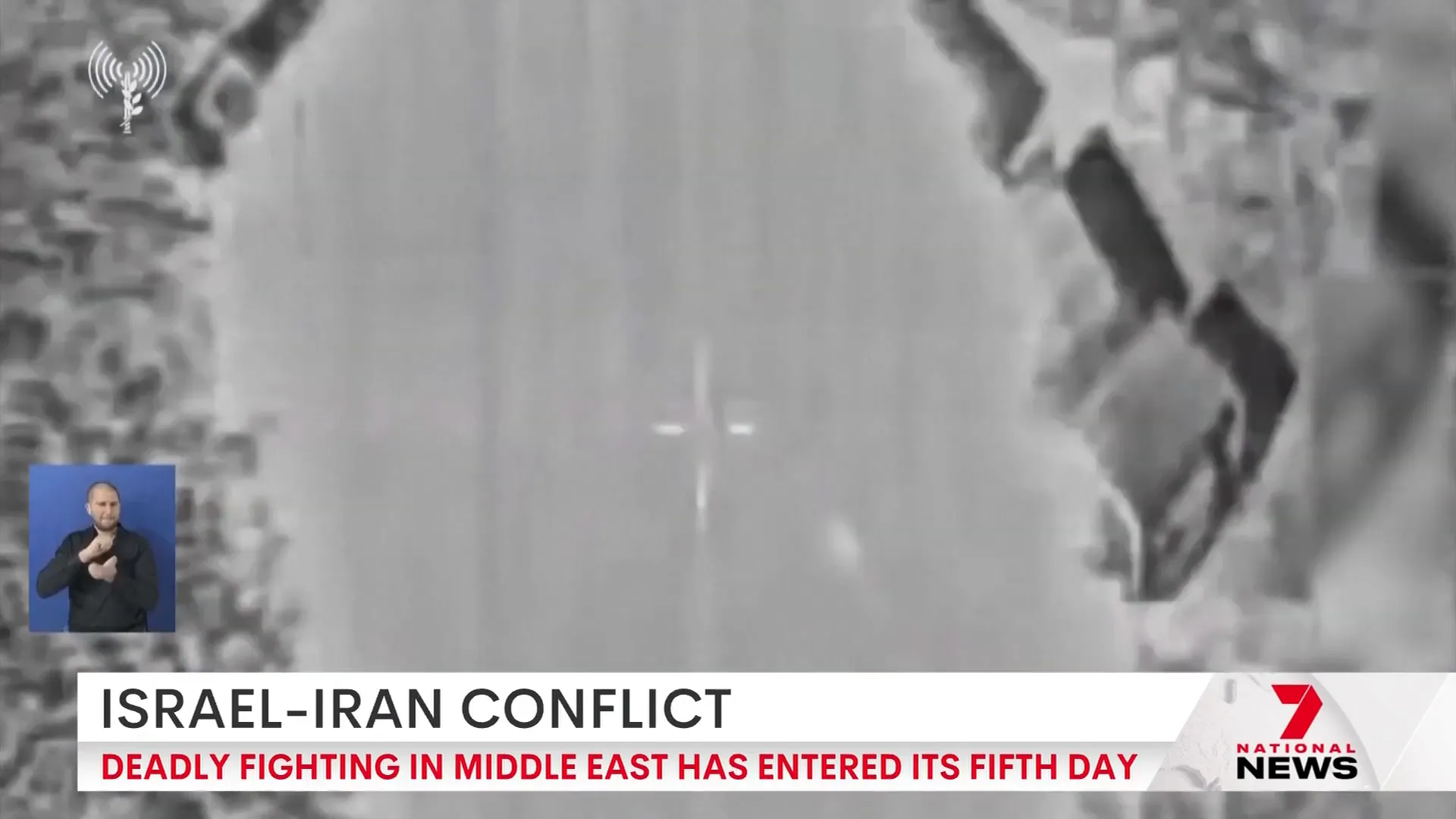
Military Dynamics: Israel’s Upper Hand and Iran’s Missile Arsenal
The IDF has stated that it has neutralized about one-third of Iran’s ballistic missile launch capabilities, which are a direct threat to Israel. Iran possesses an estimated 3,000 ballistic missiles, a formidable arsenal that continues to pose a threat despite ongoing Israeli countermeasures. However, the current pace of missile launches aimed at Israel suggests that Iran could exhaust this supply within a month if the conflict continues unabated.
Meanwhile, Israel continues to face rocket and missile fire from Iranian-backed forces, underscoring the intensity and persistence of the hostilities. This ongoing exchange of fire has created a tense environment where both sides are preparing for the possibility of prolonged conflict or, alternatively, seeking a way to de-escalate through diplomatic channels.
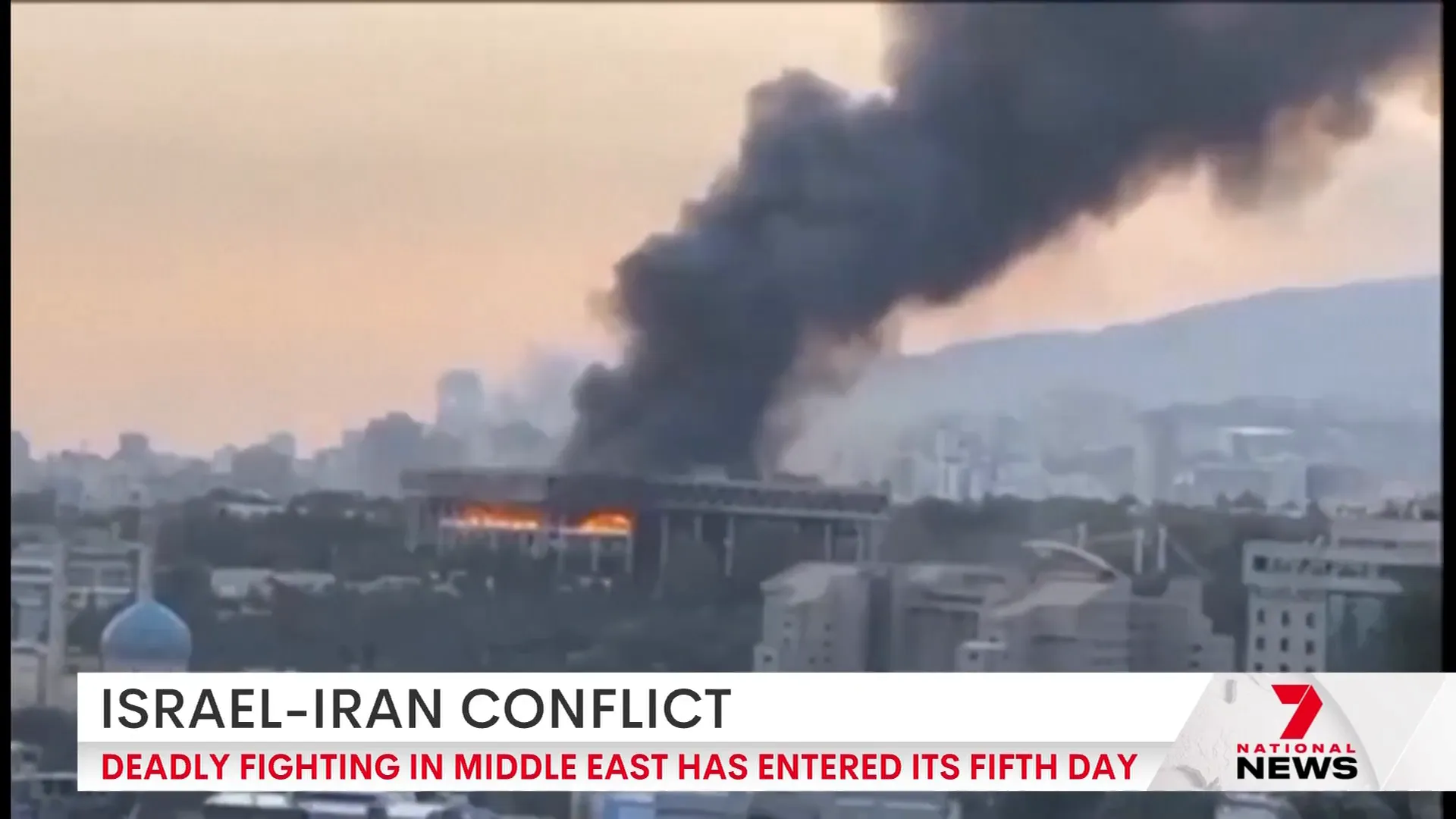
Geopolitical Implications: The Role of the United States and the G7 Summit
The international community, especially Western powers, is closely monitoring the situation. At the recent G7 summit, the divisions became apparent. While most world leaders, including figures like Keir Starmer and Emmanuel Macron, have expressed a strong preference for a diplomatic solution to prevent further escalation, the stance of the US President has been more complex and somewhat contradictory.
Initially, the US President suggested that Iran and Israel should "fight it out," a comment that appeared to endorse continued conflict. However, this was quickly followed by a more tempered statement expressing hope for a diplomatic deal. This dual messaging reflects the delicate balancing act the US administration faces: supporting Israel, a key ally, while also managing domestic political pressures and the broader goal of nuclear non-proliferation through diplomacy with Iran.
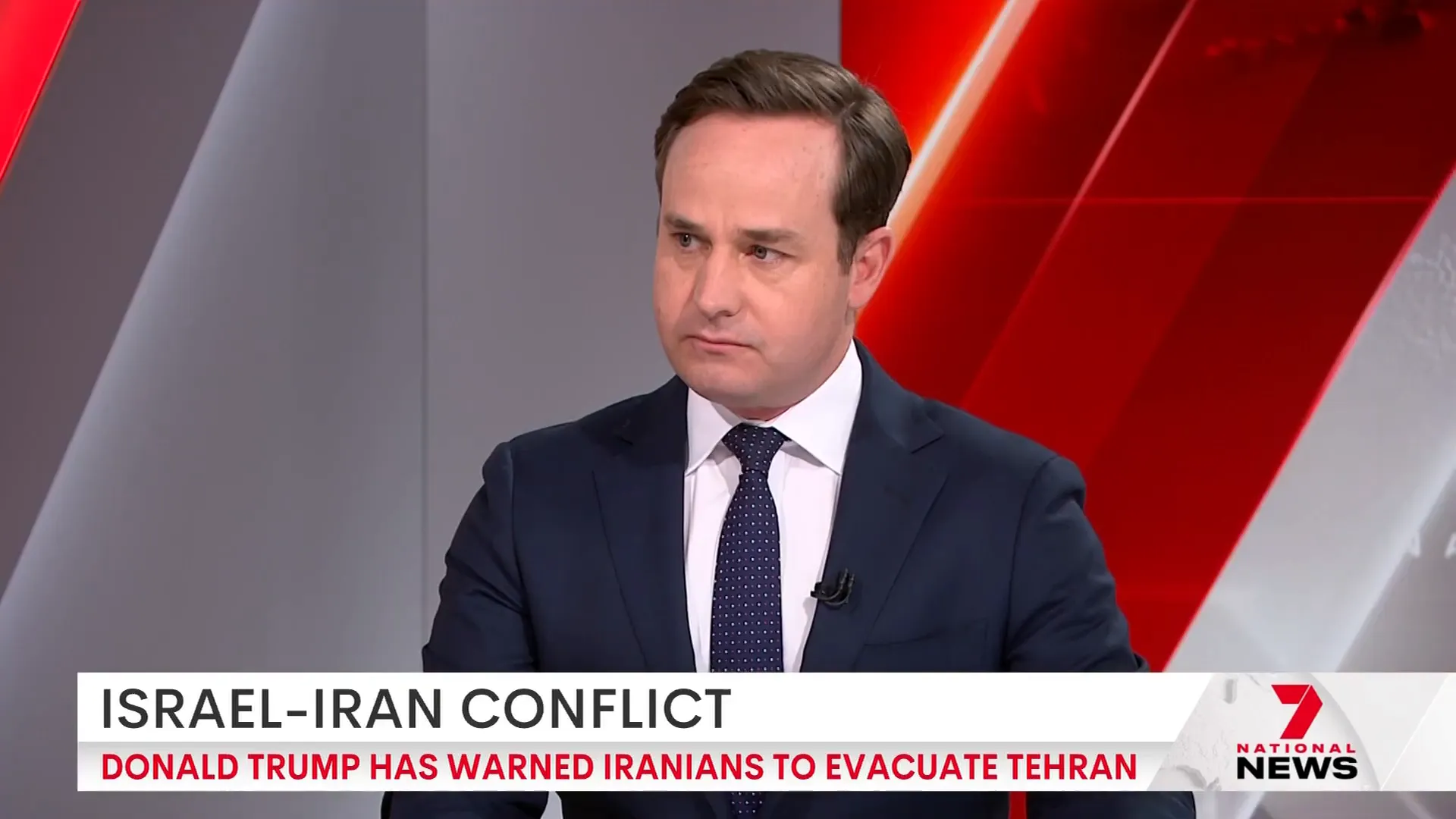
Trump’s Position and Domestic Political Challenges
The US President’s warning for Tehran to evacuate was a stark and escalatory move, signaling support for Israel’s military actions. It also sent a clear message to the Iranian population about the severity of the threat. However, this position places the US President in a difficult spot domestically.
Within the United States, the MAGA (Make America Great Again) base is notably wary of foreign military entanglements, particularly in the Middle East. Many Republicans in Washington have urged caution, warning against deeper US involvement in what they see as a regional conflict that does not directly threaten American interests. This internal political tension complicates the President’s ability to fully commit to either a military or diplomatic path forward.
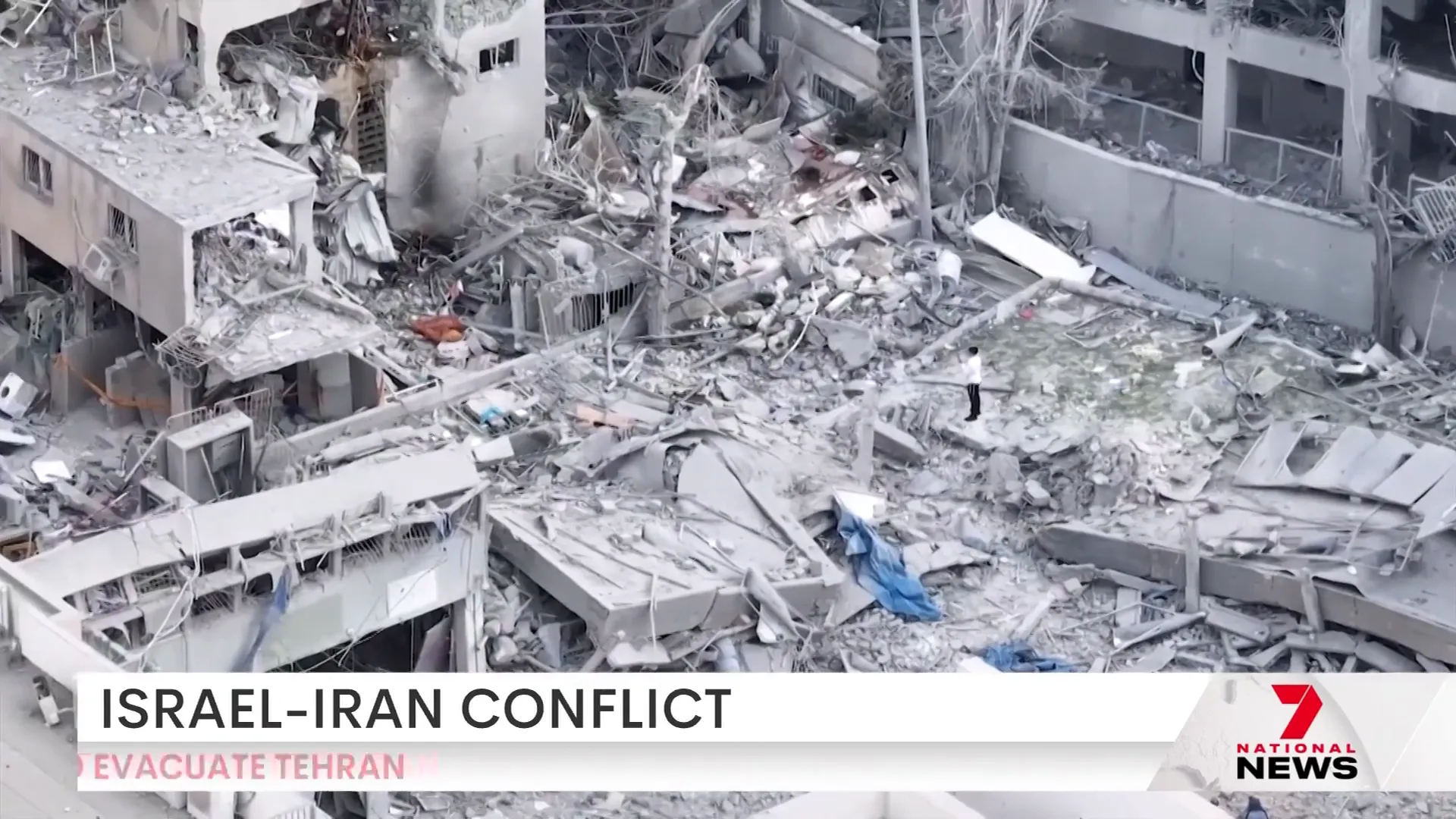
Diplomatic Pathways and the Future Outlook
As the conflict stands at a crossroads, the next 24 hours are critical. The US National Security Committee has been convened in the situation room to monitor developments closely, indicating the seriousness with which Washington is treating the situation. The options ahead are stark:
- Continued Military Engagement: The conflict could intensify, with Israel continuing its airstrikes and Iran responding with missile attacks until one side achieves decisive dominance or the situation spirals further out of control.
- Diplomatic Resolution: There remains hope for a diplomatic solution, particularly involving negotiations around Iran’s nuclear program. Such a deal would require compromises on all sides and strong international mediation.
Given the complex dynamics, including the US President’s dual messaging, the influence of Israel’s Prime Minister Benjamin Netanyahu, and the broader geopolitical interests of the G7 nations, the path forward is uncertain. What is clear is that the stakes are incredibly high, not only for the people of Iran and Israel but for regional and global stability.
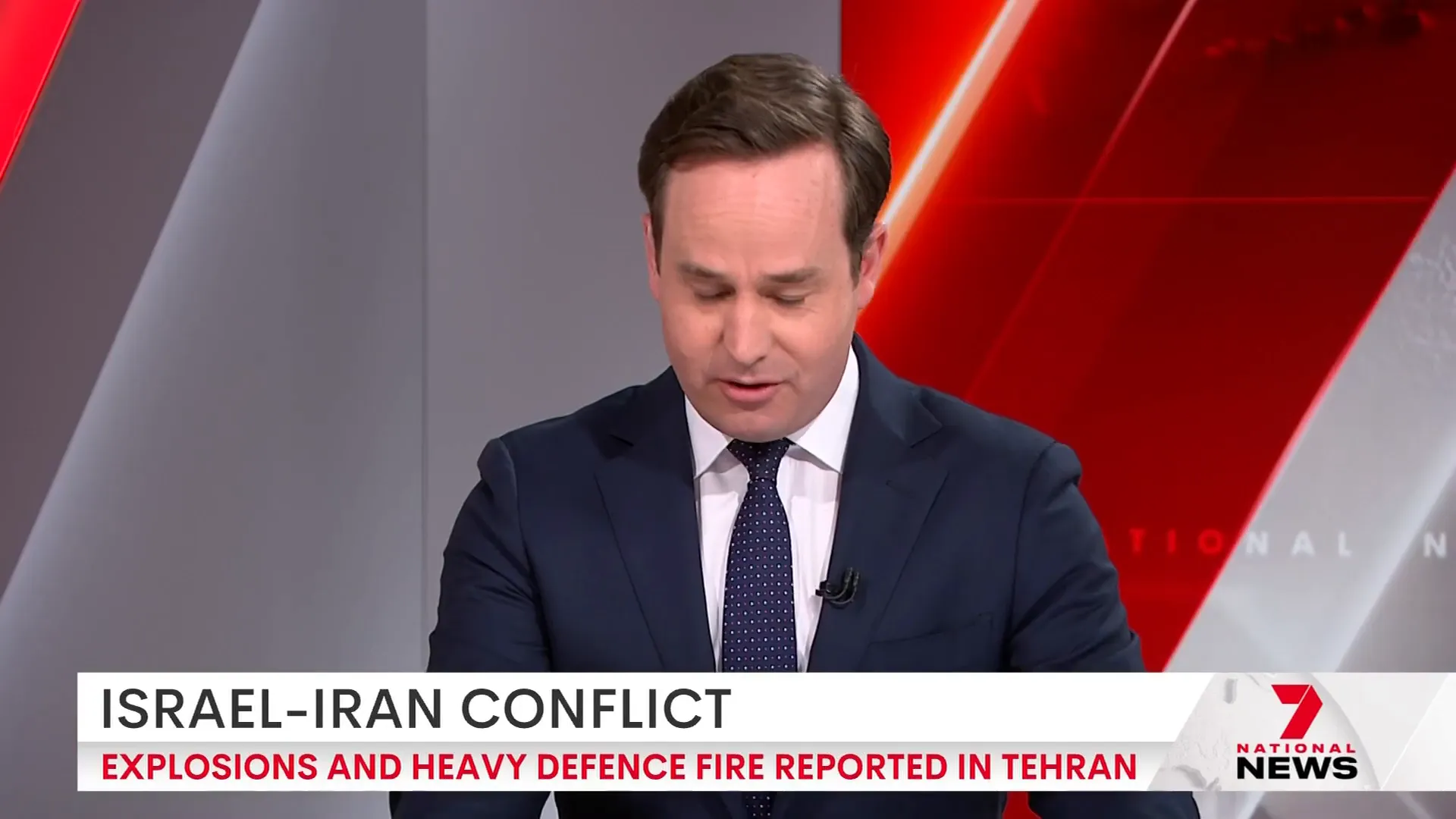
Conclusion: Navigating a Volatile Crisis
Thousands of Iranians fleeing Tehran amid warnings of further Israeli attacks paint a vivid picture of the human impact of this escalating conflict. The military balance currently favors Israel, with air superiority and significant missile defense capabilities, but Iran’s missile arsenal and persistent rocket fire continue to pose a serious threat.
The international community remains divided, with most global leaders advocating for diplomacy while the US President’s stance oscillates between support for Israel and cautious hope for negotiation. The coming days will be critical in determining whether this conflict escalates into a prolonged war or moves toward a peaceful resolution.
For those watching closely, it’s a moment that encapsulates the complexities of modern geopolitics—where military might, diplomacy, domestic politics, and regional alliances intersect in ways that can dramatically alter the course of history.
Frequently Asked Questions (FAQ)
Why are thousands of Iranians fleeing Tehran?
Thousands are fleeing Tehran due to warnings from the US President about potential Israeli airstrikes. Israel has reportedly gained air superiority over parts of Iran, increasing the risk of attacks on the capital, which has led civilians to seek safety elsewhere.
What is the current military situation between Iran and Israel?
Israel claims to have air superiority over at least half of Iranian airspace and has neutralized about one-third of Iran’s ballistic missile launch capabilities. Iran still possesses a large missile arsenal but is reportedly using them at a rate that could deplete their supply within a month if the conflict continues.
What role is the United States playing in this conflict?
The US is closely monitoring the situation, with President Trump issuing warnings to Iran and showing support for Israel. However, there are mixed messages about the preferred approach, with some US leaders advocating for diplomacy and others supporting a more aggressive stance.
What are the chances of a diplomatic solution?
While the conflict is currently intense, many global leaders at the G7 summit have expressed a desire for a diplomatic resolution, particularly involving negotiations on Iran’s nuclear program. The situation remains fluid, and diplomatic efforts could still prevent further escalation.
How does domestic politics in the US affect its foreign policy toward this conflict?
Domestic politics play a significant role. The MAGA base and many Republicans are wary of US involvement in foreign wars, which pressures the President to balance support for Israel with caution about deeper military engagement. This internal division influences the US approach to the conflict.